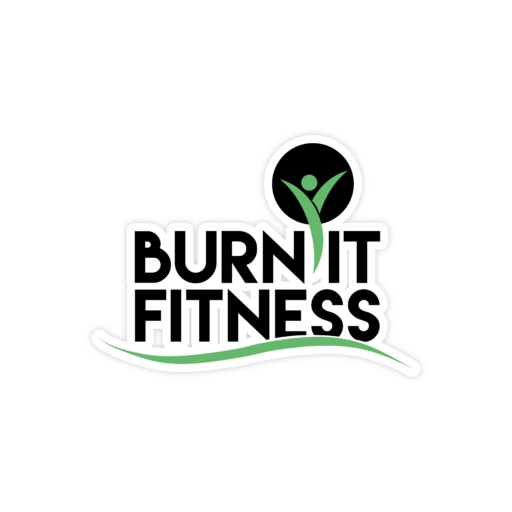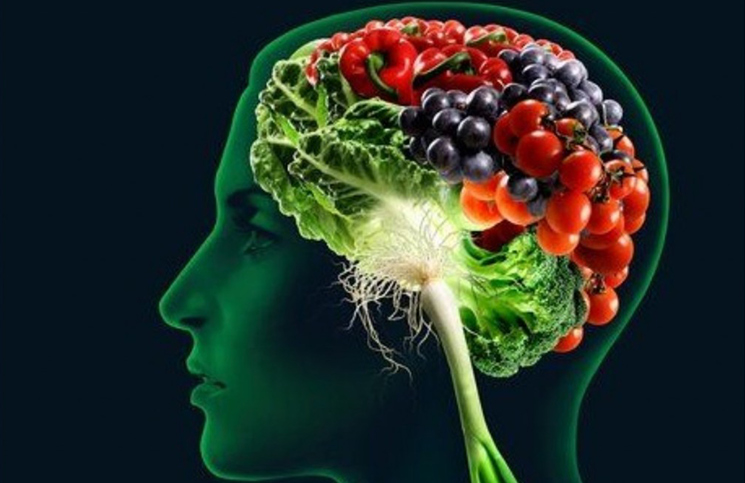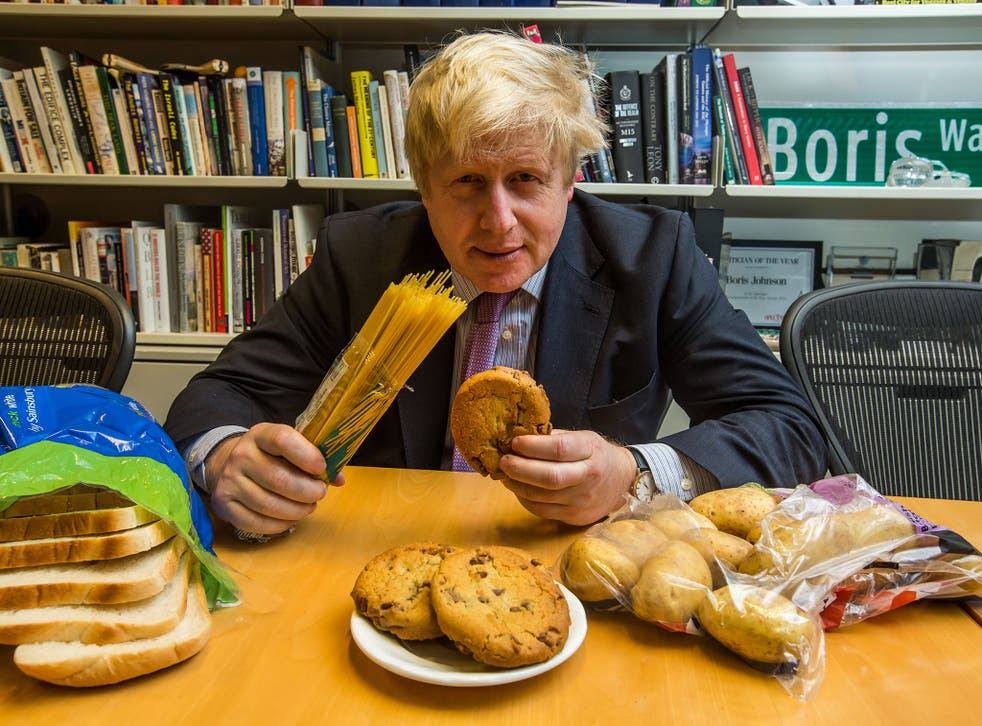Mental Health: defined by the Oxford Dictionary as ‘A person’s condition with regard to their psychological and emotional well-being.’
In the same way that your physical fitness and health shouldn’t be ignored until there is a problem, your mental health also benefits from you utilising a ‘prevention not cure’ approach. Being aware of your state of emotional well-being is a good thing to practice and not let it slip unnoticed, whether that’s suddenly, or gradually over time.
Having a good healthy state of mental wellbeing does not mean being happy and upbeat and bursting with love and pride ALL of the time, it’s ok to have days where you want to be alone and have a little grumpy dressing gown time to yourself – in the same way that even the healthiest, fittest people you know may catch a cold – it’s when the ability to shake those feelings off and wake up feeling great again starts to fail us, or these feelings occur more often than they previously had, or are around for longer than you’d consider normal for you, that it needs to be addressed. (*Noted here should be that this post is not written by a specialist mental health doctor, these are what we consider helpful guidelines, and hope this post serves as a reminder to keep on top and aware of your health as a whole; including physical, mental and emotional).
The ways in which you can help boost your mental health will also likely positively impact your physical health and vice versa, which is great to remember – your ‘Burn It Burpees’ are doing excellent things for you in numerous ways!
Mental health covers a huge array of potential issues and as such it’s impossible to offer up ways to avoid having any mental health problems, however there are things we can all do to hopefully lessen the risk and, as said, each of these will impact on various aspects of our health so it’s a win-win to incorporate them into our routines!
Regarding our food, a good diet can also help us with both our mental and physical health. How we can incorporate foody fixes to general good lifestyle advice is as follows:
Start your day by awakening from a proper rested sleep
– not having a large meal or drinking a lot of liquid before bed – stops you needing to get up for the toilet
– not having caffeine >6 hours before you go to bed
– your body produces melatonin in response to the daylight exposure levels, which is why we get sleepy when it becomes dark. Many foods contain melatonin, but some good sources are: tart cherries, bananas, oats, tomatoes, pineapple, walnuts, almonds. They will not help to stop insomnia, but they may help relax you and let you drift off to sleep.
Fuel yourself with a healthy breakfast
– quite simply, hunger causes low energy and low energy means low mood. Starting the day off with a nutritious breakfast such as porridge, fruits, nuts and at least one big glass of water should fuel your morning so hunger, low energy and low productivity is not something to worry about.
Drink enough water
– an approx. guide to keep you on track is to drink 30ml of water per kg of your bodyweight each day
Endorphins
– endorphins are hormones released by your brain to inhibit pain signals and produce a feeling of euphoria. (Again, good old burpees hurt but make you feel great!). Some foods can stimulate the same feelings – spicy peppers, dark chocolate, sweet fruits such as strawberries all make great feel good snacks and also contain levels of vitamin C, B, minerals and antioxidants so they are good to incorporate into your diet regardless
Vitamin B12
– for those who eat meat and animal products risk of a deficiency in B12 is quite rare, however for the elderly, vegans and vegetarians making sure the diet contains enough B12 is important.
Deficiencies can cause light headedness, fatigue, depression, memory loss, loss of balance, and mania. B12 can be found in meat, eggs, dairy, shellfish, and most cereals (fortified with B vitamins). Chunks of feta in your salad with some low sodium marmite spread on your rice cake/crackers/toast for lunch is an easy way to incorporate B12.
Social aspect
– if possible try and have as many of your meals with other people as you can. If you live/work alone even having your lunch al fresco in a public place like a café or a park can help boost your mood.
– sharing food with others is a great way to boost social interactions which can help combat feelings of loneliness and sadness. Offer to cook a meal in turn with friends, or get everyone to bring a dish to reduce pressure.
– keep an eye on elderly relatives or neighbours too with an invite or pop by with food to share a meal. Sharing food and company is amazing at lowering stress and boosting happiness.
– join a cooking classes – learn to cook, or learn new techniques and meals, meet new people, a great idea in all respects.
Get outside every day
– On sunny days try to eat outside, everyone loves getting a BBQ out the moment the sun breaks through, but even just having your 11am tea in the garden, or sitting on the doorstep to eat your breakfast or make a phone call will help increase your exposure to daylight, fresh air and vitamin D.
– Burn It classes – gets your heart going, muscles worked, social interaction AND gets you outside for even more vit D exposure
Speak to people
– most employers are (and all should be) aware of the importance of looking after their staff. Speak to friends, family, PT’s, any one you feel comfortable talking to, if they can’t help directly they may be able to point you in the right direction and introduce you to someone who can.
– as with a lot of selfcare, it’s sometimes helpful to think about what advice you’d give a friend and apply that to yourself – each of us is worth our own best effort!
– alternatively, because it can difficult for some people to know how to start that conversation, there are some great online aids available too. Burn It is not affiliated in any way with the following companies, we just recognise them as a great little addition to help you keep on track and hopefully help slow down and ease the daily stresses:
www.mind.org
www.rethink.org
www.themix.org.uk
www.headspace.com
Even for someone with all of this nailed, it’s still ok to not be ok – but it’s not ok to do nothing about it. ‘Are you ok?’ might be what someone is waiting for to allow them to open up. Look after yourself, and each other.
#MentalHealthAwarenessWeek





